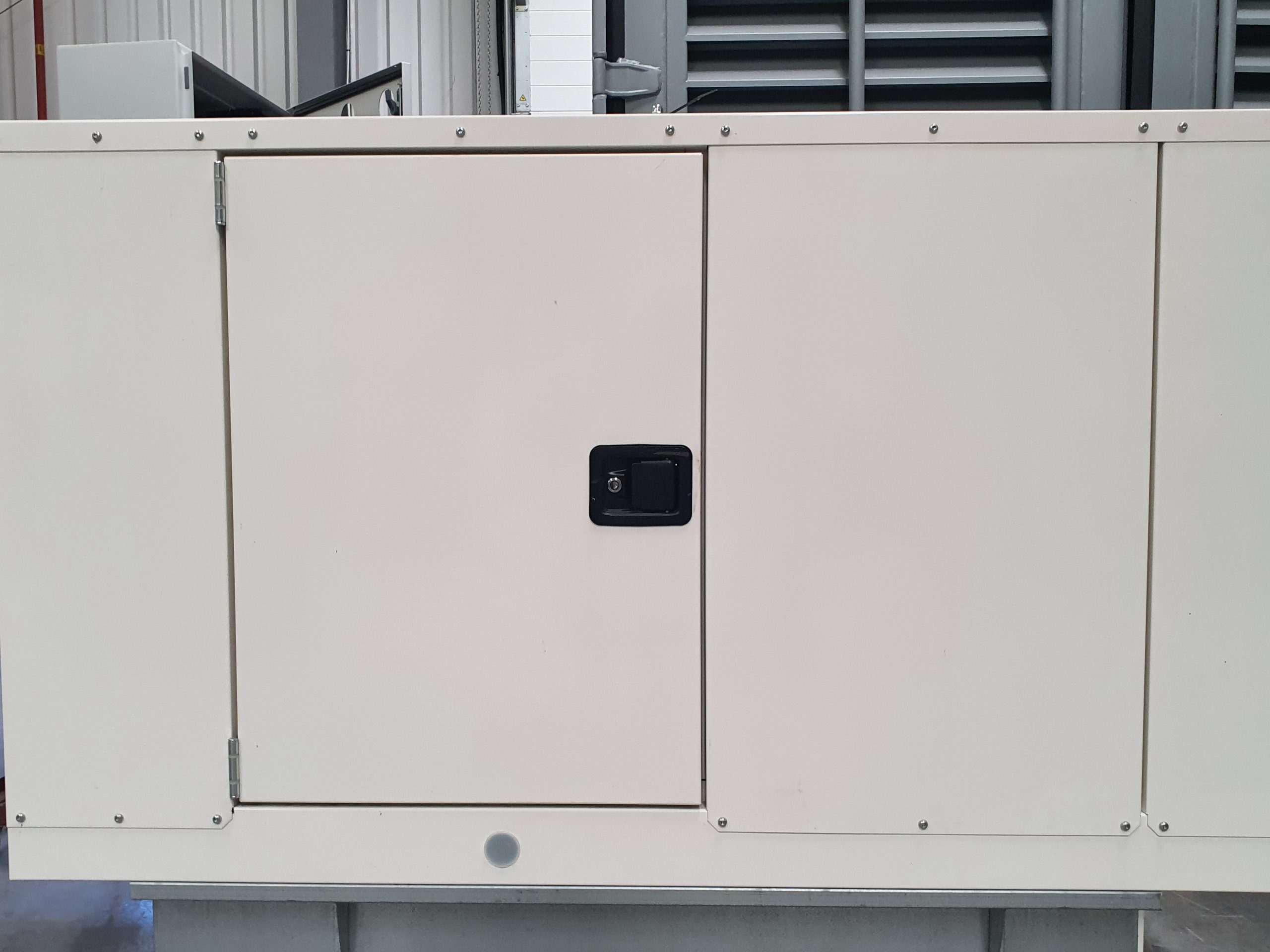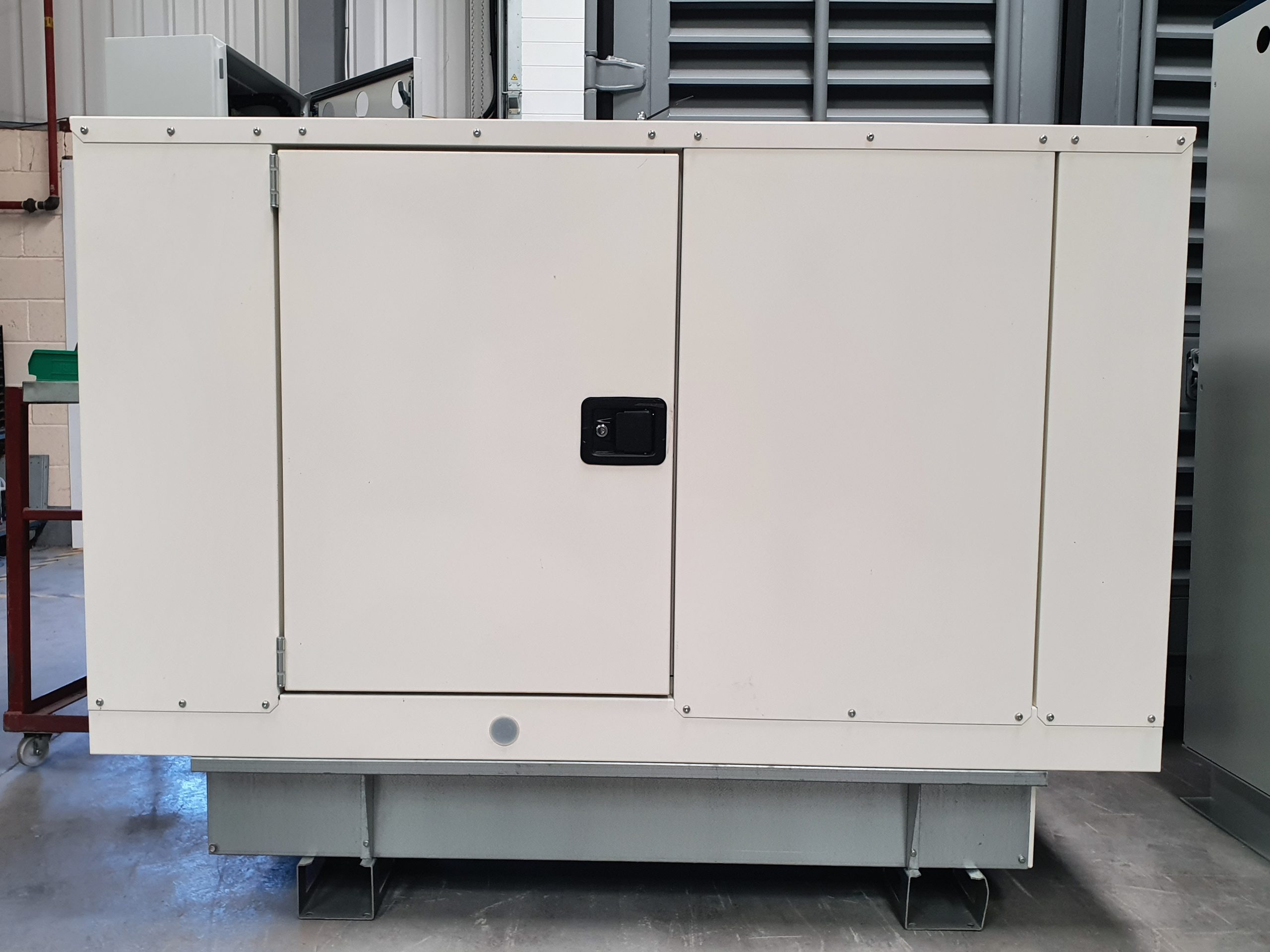
No one wants to sink money into equipment more often than they really have to, particularly when living off-grid.
This is precisely why it’s so important to ensure that your diesel generators are working as efficiently and effectively as possible. This way, not only does it help to prolong the life of your equipment, but it also means that it works well every time it’s called upon.
Do I Need a Diesel Backup System?
A generator system can provide energy when there isn’t enough natural light or wind to provide the requisite power requirements for an off-grid property.
Of course, not every off-grid system will require a generator, for example, warmer countries can rely solely on natural sunlight to provide the requisite power their property needs.
However, in the UK it’s not possible to rely solely on natural resource on every day of the year, which is why a viable backup generator system is required to keep batteries charged.
Generator Basics
Incorrectly running your generator isn’t like running a vehicle that requires an oil change. In this case, it’s possible to drive for miles more than the recommended distance before getting the oil changed.
However, if you’re running a generator without ongoing maintenance or while light loading the equipment, not only are you looking at a considerably shortened lifespan, but there’s a very real chance of being plunged into darkness with no electricity for your home or business.
When not maintained correctly and loaded in the right way, malfunctioning generators can be expensive and cause unplanned downtime, which could be especially disastrous if you’re running a business premises off the grid.
Scheduling time to frequently manage the lifecycle of a generator will decrease downtime, fuel costs, wear and tear and excessive emissions.
How to Achieve Generator Efficiency

All generators, no matter whether they’re diesel, gas or petrol and regardless of how they are applied, are designed to provide a power output in the most efficient way possible.
As such, each generator will have an optimal load to consumption ratio. This is because different generators will consume fuel at different rates, and those utilising higher workloads will always burn fuel most efficiently.
Generally speaking, diesel generators will achieve this efficiency when they are running at the higher end of the load setting that the generator was manufactured to maintain.
For instance, a 15kW generator might have lower fuel consumption when operating at 10kW, rather than 6.
One of the biggest issues, when a diesel generator is running below its intended capacity for extended periods, is something known as “wet stacking”. This happens when unburnt fuel is exhausted because of the relative low operating temperatures. When this unburned fuel is pushed from the combustion chamber, it begins to build in the exhaust side of the generator.
This results in contaminated injectors and a build-up of carbon across the exhaust, turbocharger and valves of the exhaust.
To avoid wet stacking and other associated problems, it’s imperative that you’re running your generator at the optimal range that it was designed for.
Our generator and control solutions can help by upholding these ranges automatically when the generator is required, thereby reducing fuel costs, upholding the quality of the generator and maintaining the infrastructure of your off-grid system.
Optimal Generator Load Settings
As we’ve mentioned, running your generator on a light load for too long will certainly begin to impact the efficiency of your equipment.
An increase in unscheduled downtime, soaring maintenance and fuel costs are the very last things you need. Remaining within the optimal load-bearing capacities is the key to diesel generator efficiency, we’ve outlined these below:
- Standby & Prime Power diesel generators – these generators are designed to run optimally between 50 and 80% of their total load rating.
- Continuous diesel generators – normally 70 to 100% of the total load rating.
- Natural gas generators – no matter the application, a natural gas generator is almost always set to run between 70 and 100% of the total load rating.
If you’d like to like any more advice about generators or off-grid power, or you’d like to learn about any of our other products or solutions, then why not contact us today for more information?